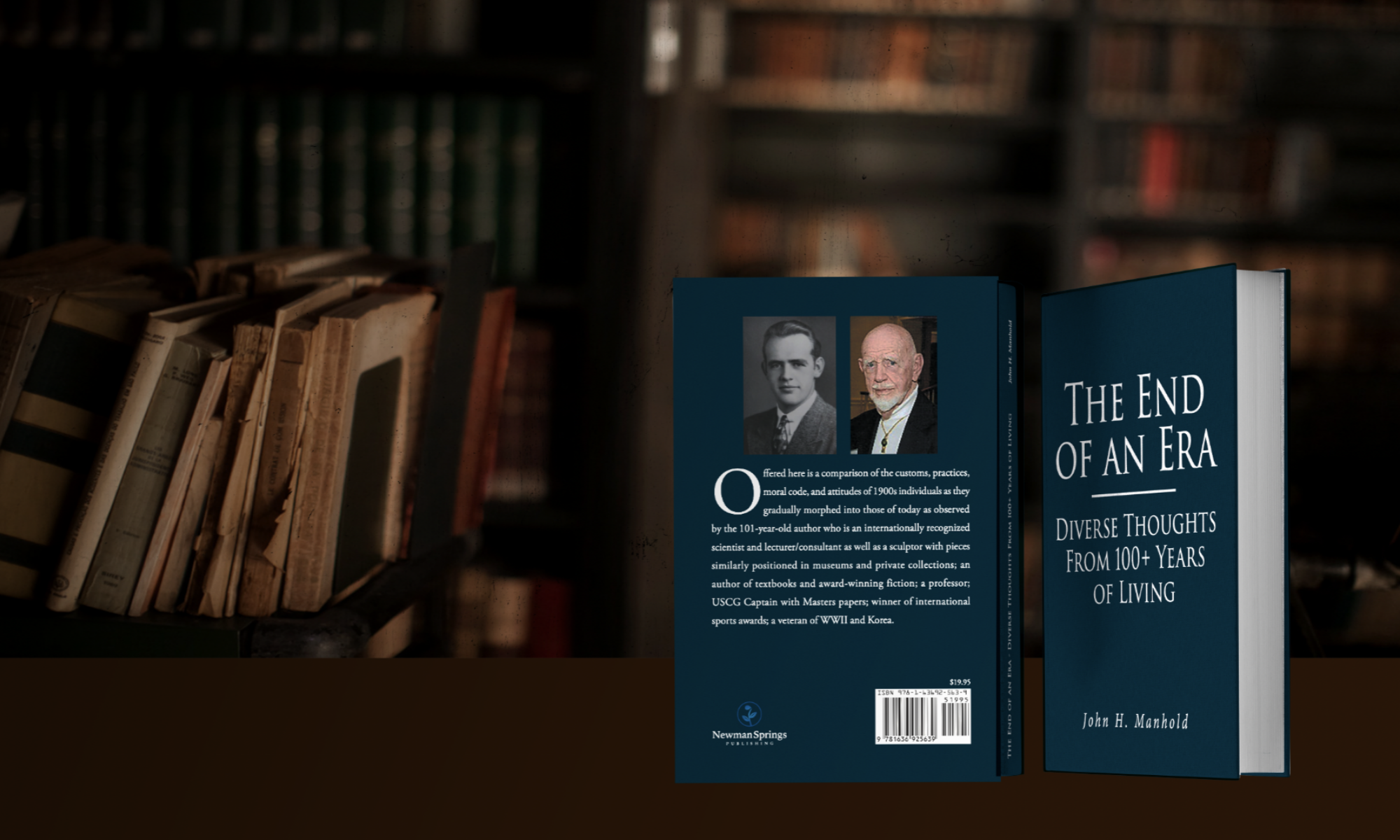DO GOOD to LEAD WELL ISBN: 9781946633026. ForbesBooks, copyright and written by Craig Bowden, PhD.
Subtitled, The Science and Practice of Positive Leadership, the book opens with a quite extensive list of persons acknowledged to be helpful in the author’s journey followed by an admission that he always has been “fascinated by how people related to one another and how that differed so much from person to person, even when faced with the same situation”. Resultantly he majored in psychology “to learn more about the perceptual and emotional elements of human behavior”. An introduction to industrial-organizational psychology resonated particularly well because “Although people have personalities that are fascinating and diverse, organizations also have personalities (i.e. cultures) that are just as complex.” Studying the two simultaneously presented an irresistible challenge that led to extensive study and culminated in his eventual establishment of “a firm focused on supporting clients in achieving leadership and organizational excellence by leveraging the science of peak performance.” The substance of this volume provides the basics upon which he believes this achievement of excellence rests. Specifically, 6 Pillars – Self-Awareness, Civility, Humility, Focus on the Positive, Meaning and Purpose, and Empathy – each of which he discusses at length with supporting evidence gained from numerous scientifically designed and validated tests. An Appendix provides valuable assessment details of the meaning of scores obtained on selected tests; then an extensive list of references follows and the book concludes with a few notes About the Author.
Discussion: The author has published another in the increasing number of books to provide help to companies, their CEO’s and their various team members as they attempt to stay abreast of their fast moving and rapidly changing work environment. Many have provided valuable material. This particular volume would appear to provide a much greater quantity of helpful material than the others, however, simply because it is not based on one person’s discoveries. Instead the lessons provided here are based on well-designed tests repeatedly given and re-analyzed until results could definitely be validated. On a personal note, two features discussed here were most interestingly presented – the fact that Empathy can be learned and that the Golden Rule might be re-examined from a different perspective; viz. Doing unto others as you would have them do unto you might not be compatible with what they believe is what they might want. One example provided was a manager who thrived on recognition might not be providing a thoughtful ‘award’ by bringing a person who preferred to be more reclusive to a prominent stage to receive the ‘award’.
5* Important must read for every ‘thinking’ person.
